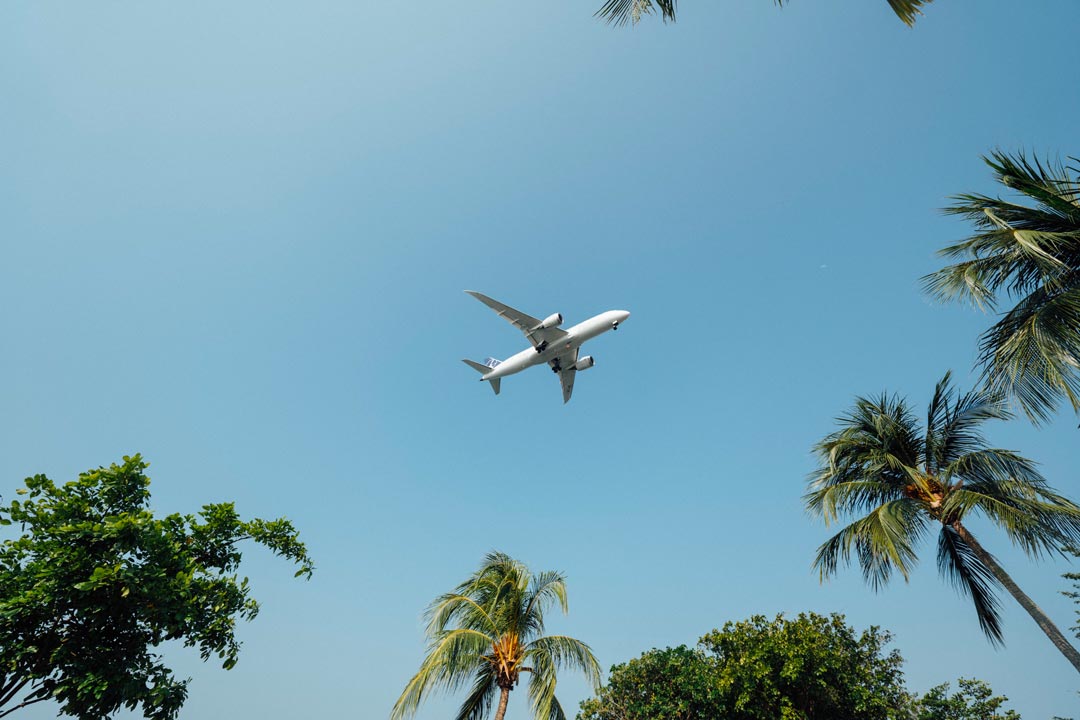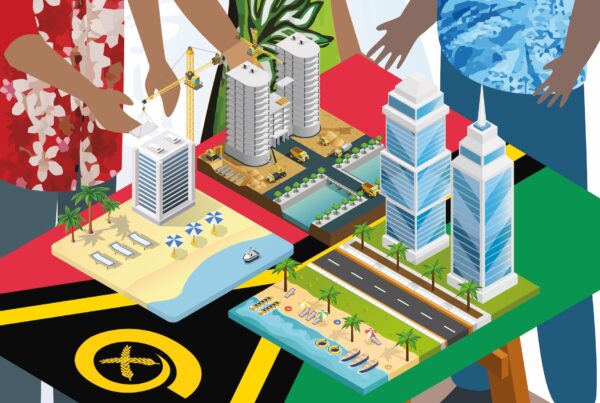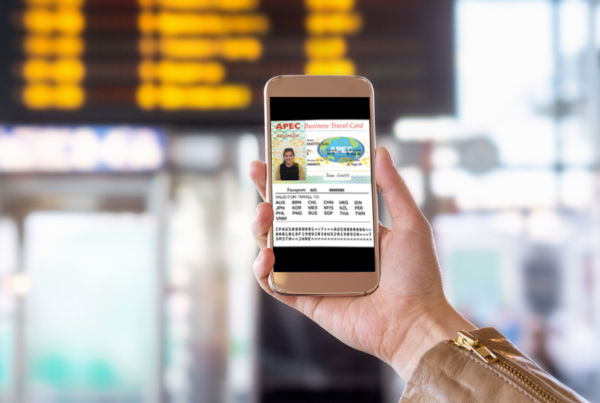New Caledonia is not contiguous with the European Union. France should let Ni-Vanuatu visit their Kanak brothers and sisters freely, instead of erecting arbitrary borders.
Melanesians are legendary navigators and island hopping has been a habit of theirs for thousands of years, well before colonization saw maps drawn and borders erected in the region. Today many people in Vanuatu still have close friends and family members in neighbouring countries. The depth of these age-old connections made it all the more painful earlier this year when New Caledonia abruptly shut its doors to Vanuatu citizens – all because of the regulatory zeal of faceless bureaucrats half a world away.
On November 8, the Council of the European Union decided to make permanent its earlier decision to suspend visa-free access for Vanuatu passport holders. This was based on the European Commission’s wildly speculative suspicion that the country’s citizenship-by-investment (CBI) scheme, in which third-country nationals could obtain a Vanuatu passport in exchange for a financial commitment to its economy, was not vetting its applicants rigorously enough against the risk of money laundering.
In actuality, CBI vetting is well on par with global standards, and no money laundering has ever been revealed under the program. Even if the scheme were proven to be a hotbed of malfeasance, the EU decision would be punishing the wrong people. For the average Vanuatu citizen, the brutally practical consequence is that they can’t freely visit their Kanak brothers and sisters as they used to less than a year ago.
Travelling second class
In lieu of a quick and painless flight, there is now a double standard at the boarding gate in Port Vila: while Western expats simply buy a ticket and waltz on the plane, Ni-Vanuatu passengers are being forced to jump through hoops to get to where they want to go.
Whether they want to simply visit relatives, pursue higher education, receive advanced health care or compete in sports, they need to apply in advance at this consular website and produce proof of employment, proof of funds, travel insurance, a return ticket, and a €9 fee payment – and then they have to wait for an answer.
Asking the French for permission always stirs resentment in Vanuatu. Just half a century ago, this was still a colony whose subjects, being viewed almost as commodities, had no formal nationality let alone a civic status. Go back another half-century and you can find Melanesians exhibited as cannibals and savages at the Exposition Coloniale in Paris.
These dark memories, after all, played a role in the lifting of the Schengen visa in 2015. While the official justification was to “step up economic and cultural relations and intensify political dialogue”, the decision sent a strong signal to all 300,000 Ni-Vanuatu that they were now recognized by Europeans as equals. It was almost a form of reparations for having erected arbitrary barriers between Melanesian peoples in the first place, more than 150 years ago.
Well, the barriers are back. So much for the “relations” and the “dialogue”; the supposed threat of money laundering now takes priority.
Of course there may be another, more insidious force behind the new closed door policy, which is the fear of illegal immigration – a hot button issue of late on the old continent, where calls to close doors and erect walls get louder by the day.
But Ni-Vanuatu are hardly threatening to invade – they just want be treated like equals, as promised in 2015. Now they’re back as second-class citizens and it is a hurtful, demeaning thing.
What about a simple workaround?
According to official policy, Ni-Vanuatu visitors must now “hold a valid short-stay visa [to France] expressly mentioning its validity in New Caledonia”. Since the islands are not part of the Schengen area, it is unclear if a French visa obtained this way would grant access to the European continent. But this means there is already a special administrative track for visiting New Caledonia. So why not just give Ni-Vanuatu a free pass, and ask for a visa only if they want to board a flight travelling on to Europe?
This would effectively restore equal treatment for Ni-Vanuatu while falling in line with the Council’s decision and assuaging any fears of illegal immigration to the old continent.
You might ask, what if money launderers successfully apply for Vanuatu CBI and then use their new passport to enter New Caledonia visa-free? Well, the vast majority of CBI recipients are actually Chinese nationals, who already enjoy a tourist visa exemption in New Caledonia anyway (yet more proof that a local visa waiver is possible).
It is only natural that Melanesians should be free to roam between Papua New Guinea, Fiji, the Salomon Islands and New Caledonia, as they’ve done for millennia. France should stop checking them at the door, and start welcoming them with open arms instead.





